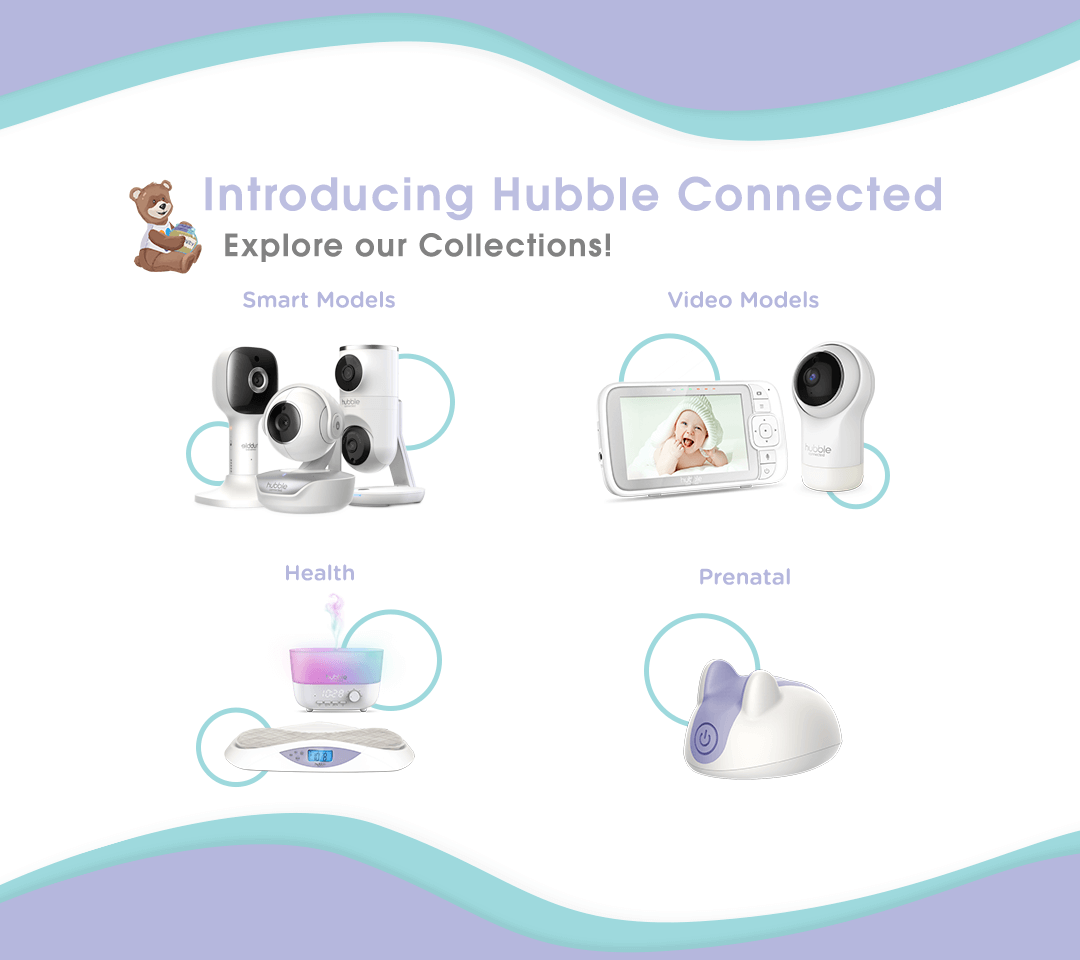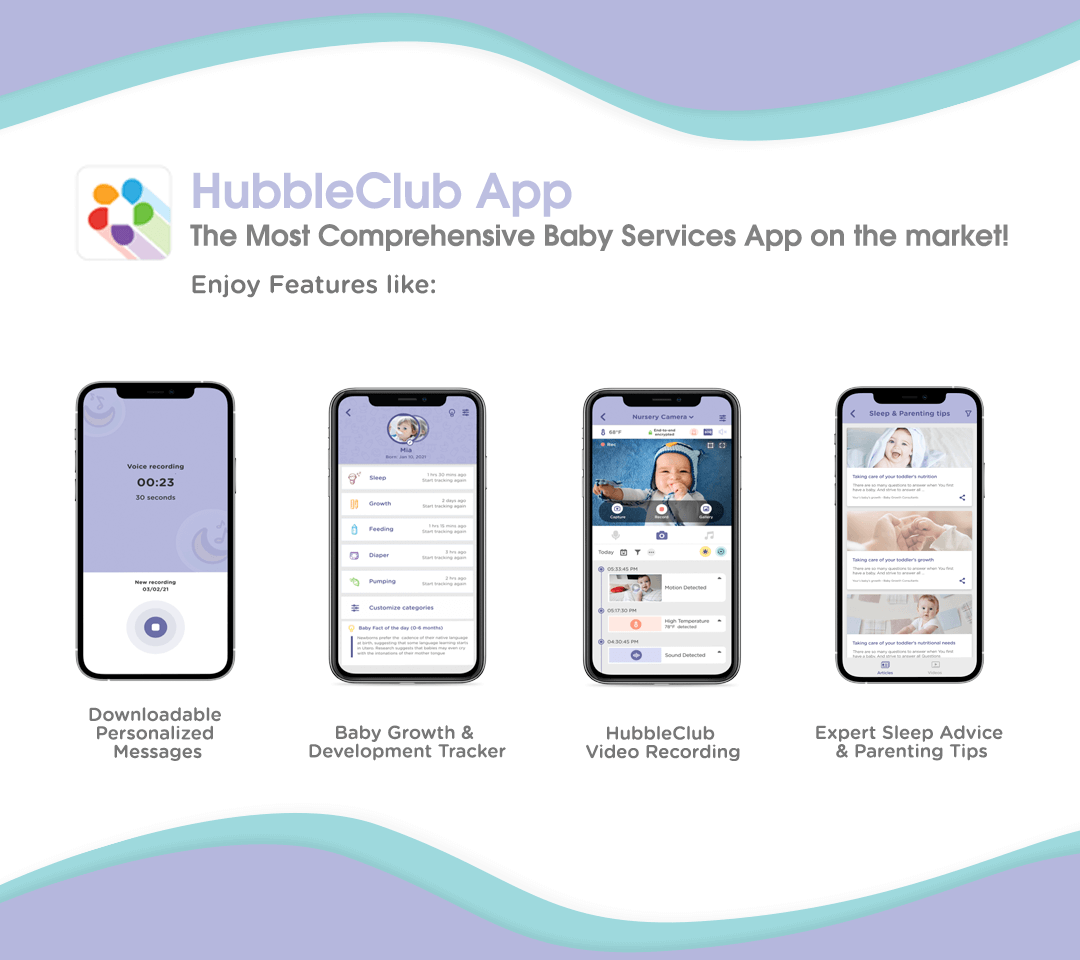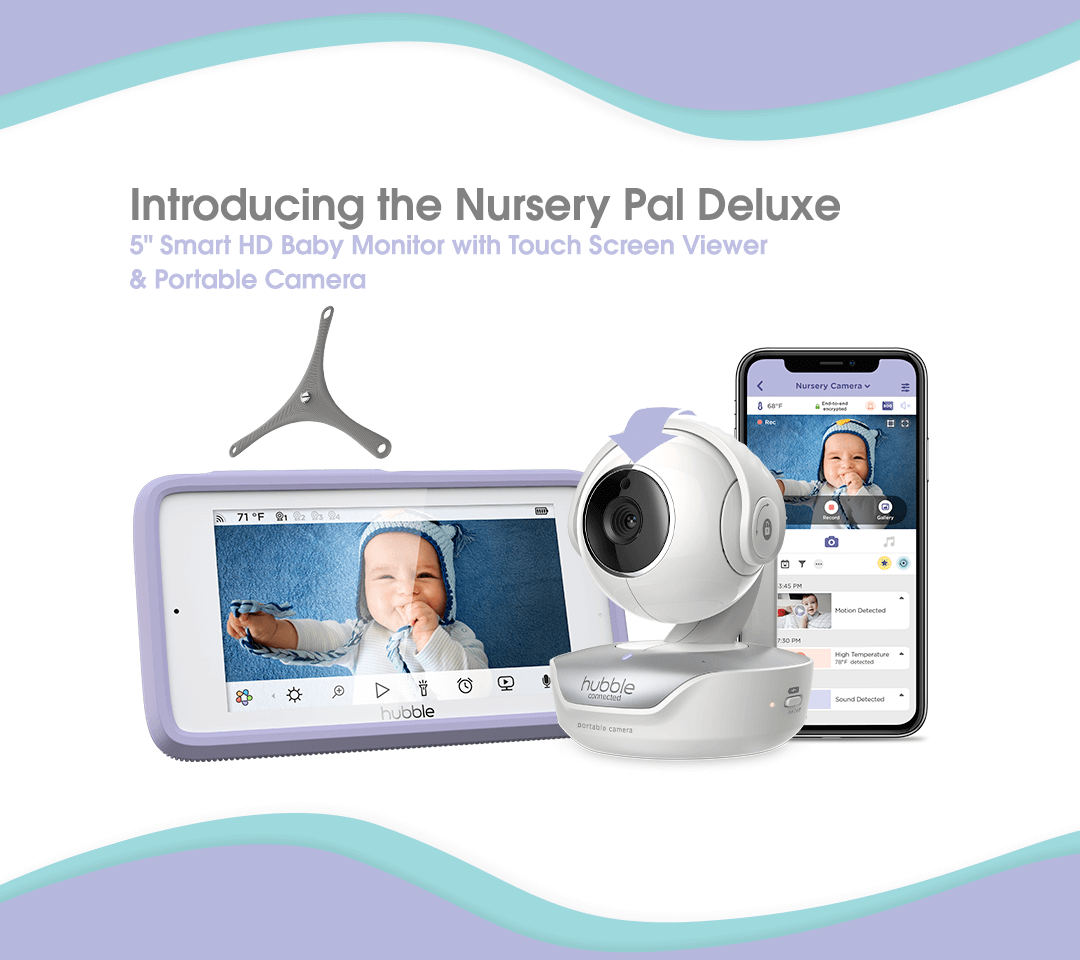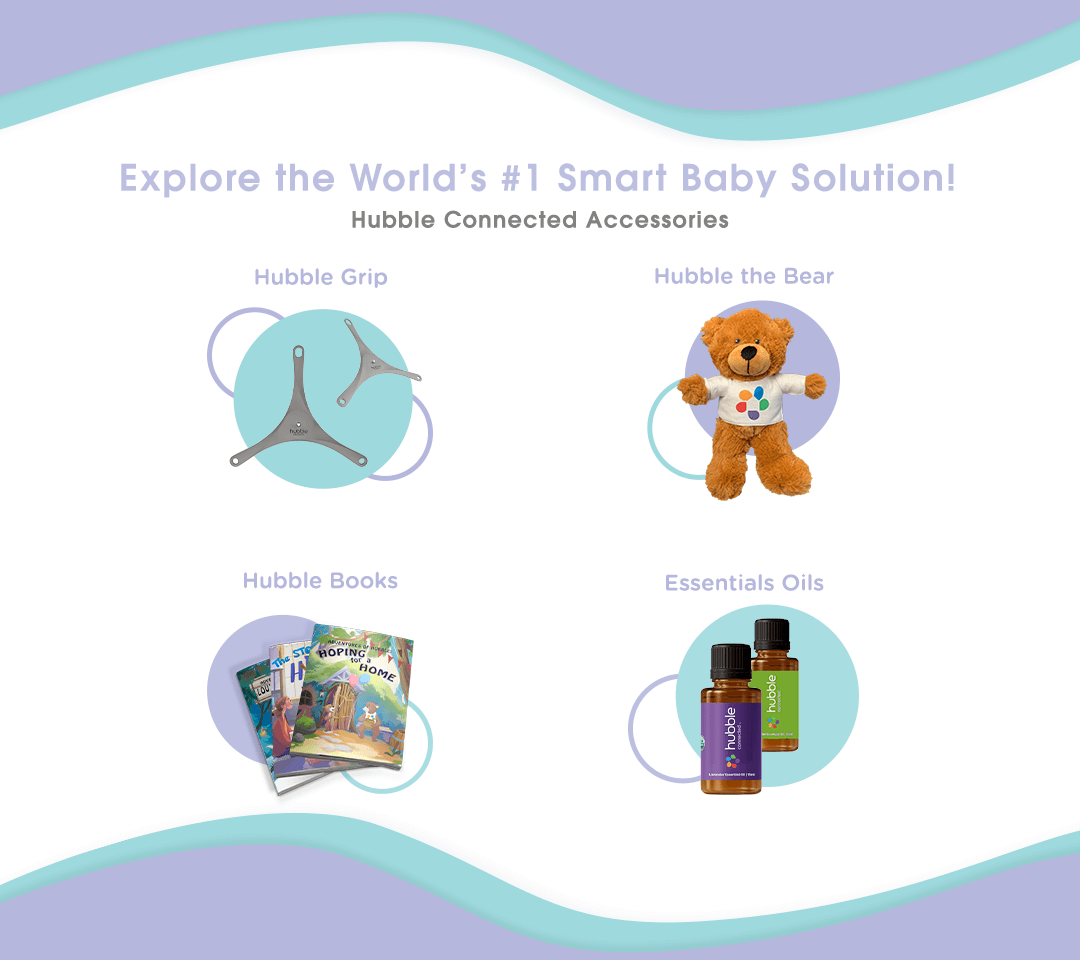Your Cart is Empty
June 21, 2021 5 min read

You have decided to conceive, and now you are overwhelmed with the amount of information you see on the internet about pre-pregnancy planning. Take a deep breath and read along. I will walk you through all the essential pre-pregnancy tips based on my personal experience.
You might know the basics, cut back on caffeine, lose the extra pounds, but there are a few essentials that you don’t hear so often. I discovered these tips right before my husband and I had “the talk,” and I can’t believe how wonderfully they worked for me.
As a new mom-to-be, you will have concerns over your safety, your child’s health, and taking the appropriate steps. These 8 points are all you need to consider before conceiving:
Centers for Disease Control and Prevention(CDC) strongly advises future moms to consume 400 micrograms (mg) of folic acidevery day.Now you are wondering what folic acid is?It is a B vitamin that essentially helps make new cells. Skin, nails, and hair make new cells every day, and your body needs folic acid to support new growth.
Although it is available in some fortified foods, such as rice, bread, pasta, etc., our body needs more to grow a life.
Not just that, it also drastically reduces the risk of brain and spinal cord defects. By taking folic acid regularly, you ensure that your newborn doesn't face the risk of paralysis, incontinence, or an intellectual disability.
You can also consume folic acid naturally by eating green leafy vegetables, nuts, citrus fruits, beans, etc.
Before I even started thinking about pregnancy, I already ate many of these organic foods rich in folic acid. Still, I switched to supplements the moment my husband and I discussed the idea of getting pregnant. It is mainly to ensure consistent and accurate dosage.
Your body needs folic acid in the first 28 days after you conceive. But unfortunately, most women don't discover that they are pregnant until the second month.
So it is pretty straightforward, the moment you think of getting pregnant, stock up on folic acid.
It does sound like pretty essential advice, but there is a lot of scientific data that correlates exercise to the health of your newborn. Your pre-pregnancy weight decides what your baby's birth weight will be.
Not just that, it also helps make your pregnancy largely trouble-free, and your body recovers much faster post-delivery. Regular exercise before day 0 will make your body much more ready to carry a child and make childbirth that much easier.
You might not be surprised to know that many women don't have an adequate amount of iron in their bodies because of monthly menstruation.
But this is an easy fix. Eating reasonable quantities of liver, lamb, and other organ meats can restore the iron reserves in your body. You can also go for anchovies, clams, and oysters if you are fond of seafood.
There are many vegan options to choose from - broccoli, collards, green peas, lima beans, and many other leafy greens.
Don't overthink the new things you start to eat or the latest exercise regime you pick up. No matter how scary it seems, remember that getting pregnant is very natural—some iron for your will and some for your body.
Certain illnesses are hereditary and can be transferred to your child. If anyone in your family or your partner's family has had severe chronic illnesses, you might want to ask your practitioner for a genetic screening test before you conceive.
You need to look out for only a few things, such as sickle cell disease, cystic fibrosis, and a few more. It is a small test that requires very little of your time, some saliva, or a blood sample from both you and your partner.
It will ease your mind, safeguard your child's future, and introduce you to other choices of giving birth if required.
Your pre-pregnancy diet should have foods rich in calcium. You need healthy bones to carry a child and ensure that your baby gets the right amount of calcium.
Have a lot of milk, yogurt, and other dairy products to meet your quota of 1000 milligrams each day.
Like me, if milk products don't go down well with your stomach, you can also go for fortified orange juice, tangerines, kiwi, blackberries, guavas, and papaya.
If you are a regular smoker and drinker, now is the time to put a complete stop.Numerous studies have shown that over-consumption of alcoholcan have harmful effects on the child, from reduced processing abilities to severely impacting your child's academic capabilities.
Smoking regularly is directly linked toan increase in neonatal intensive care visits and congenital anomalies.
The best thing for you and your child is to completely stop cigarettes and alcohol until after the baby is born. If this seems like an uphill battle, remember that regular exercise and an increased focus on health will keep your mind from such cravings.
Some women keep a mental tab, and some make an excel sheet to keep tabs on their ovulation cycle. If you are like me and can't afford to miss a window, you can try using ovulation test strips to get an accurate idea.
Very similar to a pregnancy test, you need to pee on an ovulation test strip to know when you will ovulate.
It works by measuring the luteinizing hormone (LH) in your urine. After a specific limit of LH, the ovary releases an egg, which gives you an accurate idea that you will begin ovulating in the next 12 to 36 hours.
There is some serious cost to consider before you conceive.According to USDA, families spend $233,610 on raising a child. If you are thinking, where the money goes, think of the food, education, and other essential needs that will add up.
Another high cost to consider is the money you spend during childbirth. Whether you go for C-section or any other procedure, you still have to consider the costs involved.
The price ultimately depends on which state you are in. The best thing to do is to call your insurance and check what parental coverage you have. It will give you an exact idea of what you will end up spending.
The beauty of pre-pregnancy planning is that you can account for the costswell in advance and not have to deal with huge bills later.
One of the best pre-pregnancy tips that I came across when planning mine was setting up a fund before pregnancy.
"Drop by drop is the water pot filled" ~ Buddha.
Just be consistent with the money you put inside that fund, and in no time, you will have what you need.
Conclusion
When I was preparing for pregnancy, I researched frantically for months before realizing that these pre-pregnancy tips are all I needed. That doesn’t mean that you shouldn’t do your research. The research you do is for your safety and your child. Even after giving birth to my beautiful son, theHubble app still brings me that peace of mind that my son is safe and within reach.

June 21, 2021 3 min read

June 21, 2021 3 min read
and get £10 OFF your next Hubble Connected purchase.
.png?v=1627679689)

.png?v=1627679796)
.png?v=1627679828)



